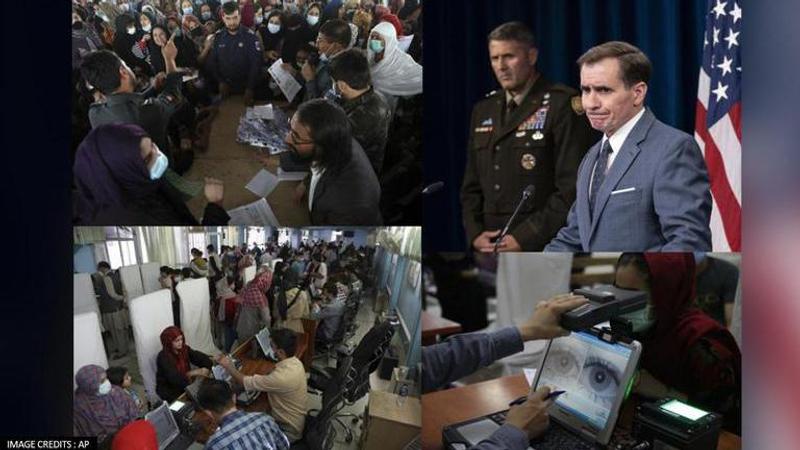Published 00:10 IST, August 18th 2021
Afghans scramble to delete digital histories, data; evade biometrics as Taliban takes over
Thousands of Afghans have now scrambled to wipe clean their digital record, biometric databases, and online history as UN warned of chilling human rights abuses

IMAGE: AP | Image:
self
- Listen to this article
- 5 min read
Advertisement
00:10 IST, August 18th 2021
